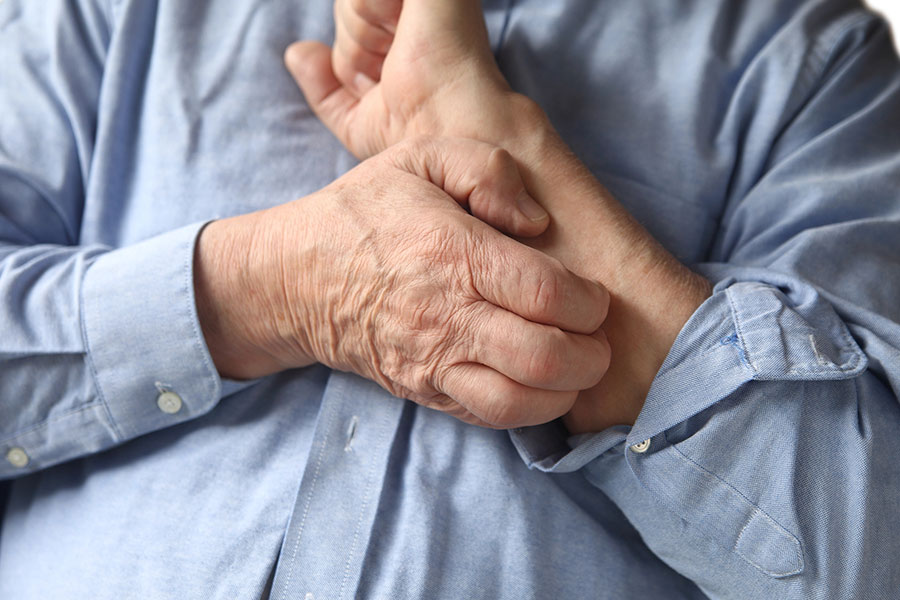Eczema, also known as atopic dermatitis, is a chronic skin condition characterized by inflammation, itchiness, and redness of the skin. While there is no cure for eczema, there are several strategies that sufferers can use to manage discomfort and reduce symptoms. Here are ten tips for managing eczema:
Keep Skin Moisturized
Moisturizing the skin regularly is crucial for managing eczema symptoms. Use thick, fragrance-free moisturizers or emollients to keep the skin hydrated and prevent dryness. Apply moisturizer immediately after bathing to lock in moisture.
Avoid Triggers
Identify and avoid triggers that exacerbate eczema symptoms. Common triggers include certain fabrics (such as wool or synthetic materials), harsh soaps and detergents, allergens (such as dust mites or pet dander), and environmental factors (such as extreme temperatures or humidity).
Use Gentle Skincare Products
Choose gentle, fragrance-free skincare products that are suitable for sensitive skin. Avoid products containing harsh chemicals, fragrances, and dyes that can irritate the skin and worsen eczema symptoms.
Take Short, Lukewarm Baths or Showers
Long, hot showers or baths can strip the skin of its natural oils and exacerbate eczema symptoms. Opt for short, lukewarm baths or showers using mild, fragrance-free cleansers. Gently pat the skin dry with a soft towel after bathing, rather than rubbing it vigorously.
Wear Soft, Breathable Fabrics
Choose soft, breathable fabrics such as cotton or silk for clothing and bedding. Avoid rough or scratchy fabrics that can irritate the skin and trigger eczema flare-ups. Wash clothing and bedding with mild, fragrance-free detergents.
Manage Stress
Stress can exacerbate eczema symptoms, so it’s important to find ways to manage stress and promote relaxation. Practice stress-reduction techniques such as deep breathing exercises, meditation, yoga, or mindfulness to help keep stress levels in check.
Avoid Scratching
Although it can be difficult, try to avoid scratching affected areas of the skin, as this can further irritate the skin and lead to infection. Keep fingernails short and smooth to minimize damage from scratching, and consider wearing gloves at night to prevent scratching while sleeping.
Use Topical Treatments
Over-the-counter or prescription topical treatments may help relieve eczema symptoms, such as itching and inflammation. These may include corticosteroid creams or ointments, calcineurin inhibitors, or barrier repair moisturizers. Consult with a healthcare professional for personalized treatment recommendations.
Seek Medical Advice
If eczema symptoms are severe or persistent despite self-care measures, it’s important to seek medical advice from a healthcare professional. They can provide a proper diagnosis, recommend appropriate treatment options, including phototherapy, and offer personalized advice for managing eczema effectively.
Consider Phototherapy
Phototherapy, also known as light therapy, is a treatment option for eczema that involves exposing the skin to ultraviolet (UV) light under medical supervision. Phototherapy can help reduce inflammation, itchiness, and redness associated with eczema and may be recommended for individuals with moderate to severe eczema symptoms.
Overall, managing eczema requires a combination of self-care measures, skincare routines, and sometimes medical treatment options such as phototherapy to alleviate discomfort and improve quality of life for sufferers. It’s important to consult with a healthcare professional for guidance and personalized treatment recommendations based on individual needs and circumstances.




